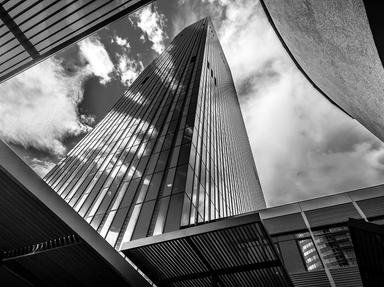Quiz Answer Key and Fun Facts
1. Andrew Johnson stepped up to the role of US President following the tragic death of the man who delivered the Gettysburg Address on November 19th 1863. Which fellow was this?
2. Vladimir Putin, the President of the Russian Federation, was the second man to hold that office following the break-up of the former Soviet Union in 1991. Who was the first fellow to have the job?
3. Dag Hammarskjöld was the second fellow to hold the position of Secretary-General of the United Nations. After his death in office, in 1961, he was followed in the role by the efficiently named U Thant. How did Hammarskjöld die?
4. Gerhard Schröder was Chancellor of Germany for seven years from 1998 to 2005. Helmut Kohl, the fellow he followed into office, had held the position from 1982 to 1998 - a period which included what major event in German history?
5. The title of Emperor of Japan is passed down from father to son, so the fellow Akihito followed onto the Chrysanthemum Throne was his father, Hirohito. What is Hirohito's posthumous name, by which he is now generally known in Japan?
6. Karol Wojtyla took the name John Paul II on his election to the papacy in 1978. By definition, the person in whose footsteps he followed had to be a fellow, as the job isn't open to women. What papal name was chosen by John Paul II's direct predecessor?
7. A fellow named Juan Perón was followed by his wife, Isabel, as President of Argentina. Although Isabel, Perón's third wife, became the first ever female Argentine president, his second wife remains more famous internationally - probably thanks in part to which Andrew Lloyd Webber musical about her life?
8. Thabo Mbeki followed a fellow named Nelson Mandela as President of South Africa. Mandela was a noted anti-apartheid campaigner and became South Africa's first black president in 1994. Which political party did both men represent?
9. What international role was held by a fellow called Romano Prodi, before José Manuel Barroso took over in 2004?
10. Malcolm Fraser became Prime Minister of Australia after the previous fellow to have the job was controversially sacked by the Governor-General. What was the ousted fellow's name?
Source: Author
Fifiona81
This quiz was reviewed by FunTrivia editor
stedman before going online.
Any errors found in FunTrivia content are routinely corrected through our feedback system.
